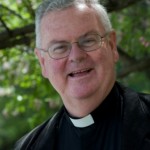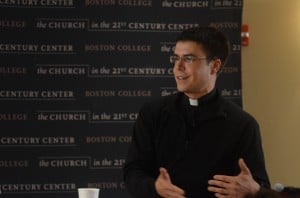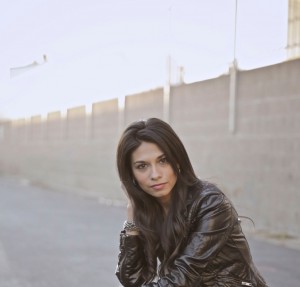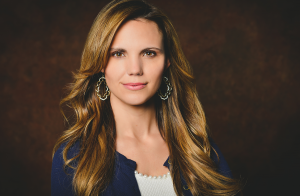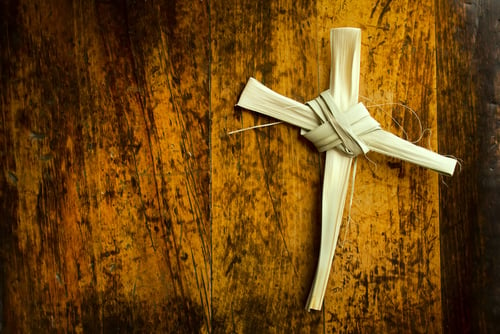
Image: Ricardo Reitmeyer / Shutterstock
The observation is frequently made that Catholicism is a religion of “both/and” rather than “either/or” — that at its best, the tradition tends to reconcile apparent contradictions rather than simply elevating one position over another. As usual, G.K. Chesterton put it beautifully:
Christianity got over the difficulty of combining furious opposites, by keeping them both, and keeping them both furious.
Now, admittedly, I may just be enjoying the way it sounds, but I think in addition to the Catholic “both/and” we might also have a Catholic “more than” — a tendency to look for deeper meanings, to look for possibilities opened by grace that are not immediately apparent on the surface.
My reason for thinking about this today is a great piece by a friend and classmate of mine, Matt Janeczko, OFM Cap. Here in Boston, as preparations are beginning for the trial of Dzokhar Tsarnaev, there’s debate over whether or not the death penalty should be on the table. Matt writes against it and the title he’s given his piece, “I Want to Remember More than Evil,” says why. He concludes:
I will always remember the victims of the Boston Marathon Bombings. And when I do, I also want to be able to remember that when we all saw something evil on our streets, on our screens, and later on a Rolling Stone cover, we did not sink to the level of vengeance. I want to remember that we reached for something grander, something more worthy of those we lost, and something more worthy of us.
I think Matt’s piece is right in terms of its argument, but more than that, I think it has something to teach us about how to propose a truth from the Catholic tradition (opposition to the death penalty, in this case) to the wider world.
Rather than setting out to explain or correct, Matt’s piece works by remembering and imagining. It calls people to attend to what is already good, and then to imagine what more that can point to. It addresses us as a community, and suggests that we don’t have to — and indeed should not — be limited to the options suggested by a political calculus, that we can and should hope for more than that. And it asks us to look at what action that hope calls for.
At its very best the Catholic tradition can offer — even to the secular moral imagination — a challenge to reach for something greater and a glimpse of something more. There’s a powerful hope in that which Matt, quoting Abraham Joshua Heschel, describes as “moral grandeur and spiritual audacity.” Catholicism of course has no monopoly on that hope (witness the quote from Rabbi Heschel), but it perhaps has a distinctive way to catalyze it.
Those of us on the inside have always known that Catholicism offers far more to say “yes” to than it demands that we say “no” to. That’s why it’s so encouraging to see examples of how we can propose that vision to others: both a critique of capital punishment on moral grounds, and also a hope for more than vengeance in response to evil.


